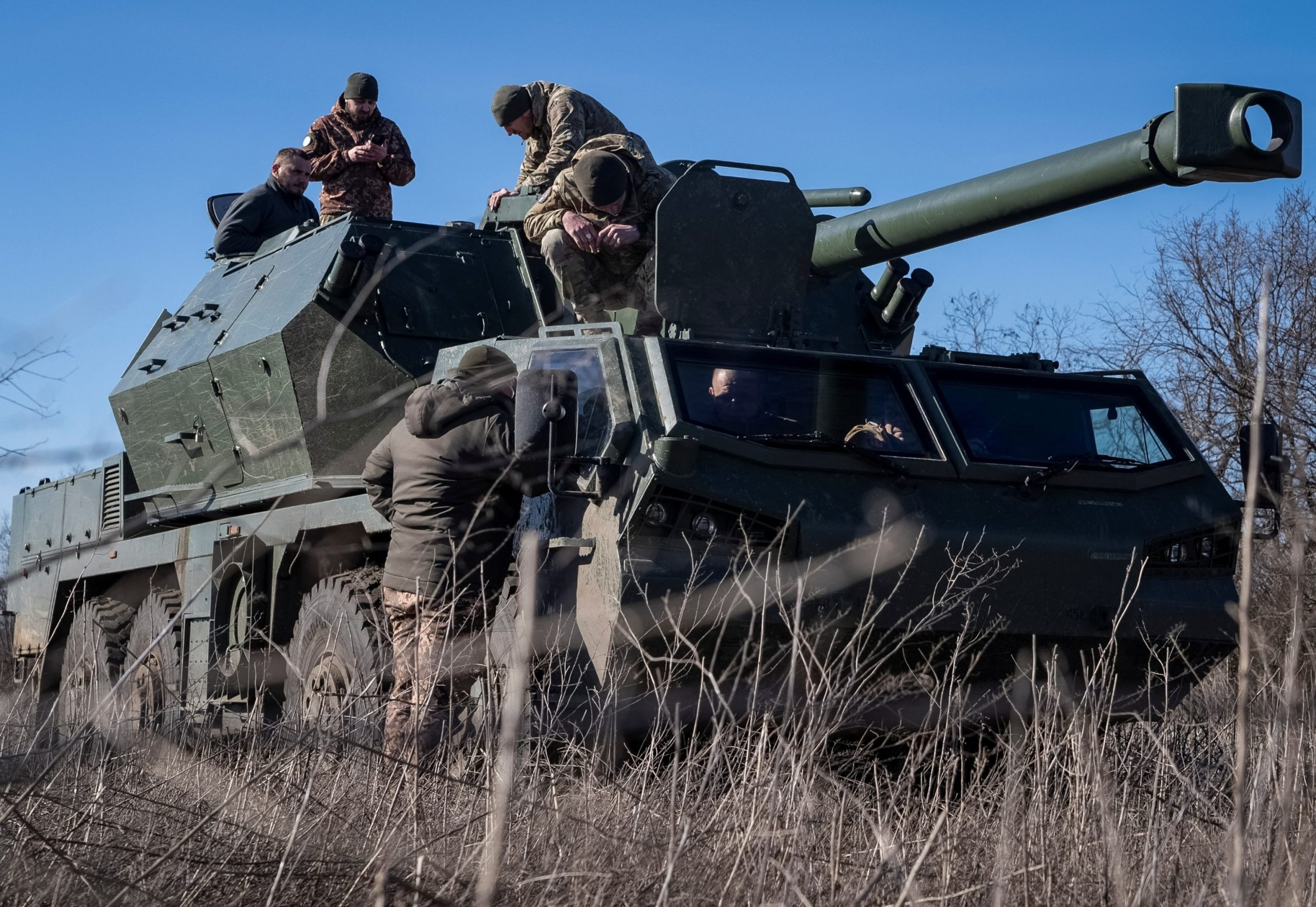LONDON — France’s foreign minister has suggested that Western countries should be considering the idea that NATO troops should perhaps be deployed to Ukraine in non-combat roles to assist Ukraine.
Foreign Minister Stéphane Sejourne in France’s parliament on Wednesday elaborated further, saying NATO troops could potentially be deployed into Ukraine to assist with roles such as “demining, cyber operations or weapons production.”
This statement follows President Emmanuel Macron’s comments on Tuesday, saying Western troop deployments to Ukraine should “not be ruled out.”
Macron said troops could do such actions without “crossing the threshold of belligerence” and such things should not be ruled out given Russia’s efforts to destabilize Europe.
France’s suggestions have been firmly rebuffed by some key European states but it appears there is a real growing push among some European countries to at least discuss the possibility of providing more direct military assistance, something that had been previously been taboo.
The Netherlands defense ministry also didn’t rule it out on Tuesday and Macron, along with Slovakia’s prime minister, have both said publicly some countries are actively discussing it.

Ukrainian servicemen of 56th Separate motorized infantry brigade prepare to fire a Czech made Dana self-propelled howitzer towards Russian troops, amid Russia’s attack on Ukraine, near the town of Bakhmut in Donetsk region, Ukraine February 28, 2024.
Inna Varenytsia/Reuters
This development underlines how an understanding seems to be rapidly emerging in Europe that it needs to take its own major steps to counteract Russian success in Ukraine as American aid is at risk of collapse and a Putin victory no longer seems impossible.
In part, the more assertive public stance from France and other countries seems intended to establish some “strategic ambiguity” with Russia instead of telegraphing what the West won’t do and, therefore, giving Putin broad lines to operate in. In other words, parts of Europe are trying to toughen up the line to make Putin think twice.
There is a dawning sense, however, that Europe needs to do more and for Ukraine and figure out alternative methods to deter the Kremlin, especially considering the open secret that Western special forces — at the very least from the U.S. and U.K. — are already on the ground assisting Ukraine covertly.
Those who support the idea suggest Western military personnel could bolster Ukraine’s air defenses and free up Ukrainian troops if they were stationed in the rear for example.
While these plans are not on the cards in the immediate sense, even the discussions show a significant shift regarding how concerned European governments are becoming at the sudden prospect of a potential victory in some form for Putin in Ukraine.
France is currently considering sending non-combat troops to Ukraine once again, in a move that could potentially escalate tensions in the region. The decision comes as the conflict between Ukraine and Russia continues to simmer, with both sides accusing each other of violating a ceasefire agreement.
The French government has stated that the troops would be deployed as part of a broader international effort to support Ukraine in its fight against Russian aggression. The troops would not engage in combat operations, but would instead provide training and logistical support to the Ukrainian military.
This would not be the first time that France has sent troops to Ukraine. In 2014, following Russia’s annexation of Crimea, France deployed a small number of troops to the country as part of a European Union mission to monitor the ceasefire agreement between Ukraine and Russia. The troops were later withdrawn in 2016.
The decision to send non-combat troops to Ukraine again is likely to be met with mixed reactions. On one hand, it could be seen as a show of solidarity with Ukraine and a signal to Russia that the international community is united in its support for Ukrainian sovereignty. On the other hand, it could also be viewed as a provocative move that risks further escalating the conflict.
It is important for France to carefully consider the potential consequences of sending troops to Ukraine and to work closely with its European and NATO allies to ensure a coordinated and effective response. The situation in Ukraine is complex and volatile, and any misstep could have serious repercussions for regional stability.
Ultimately, the decision to send non-combat troops to Ukraine again underscores the ongoing challenges facing the international community in addressing the conflict in Eastern Europe. It is crucial for all parties involved to exercise restraint and work towards a peaceful resolution that respects the sovereignty and territorial integrity of Ukraine.



